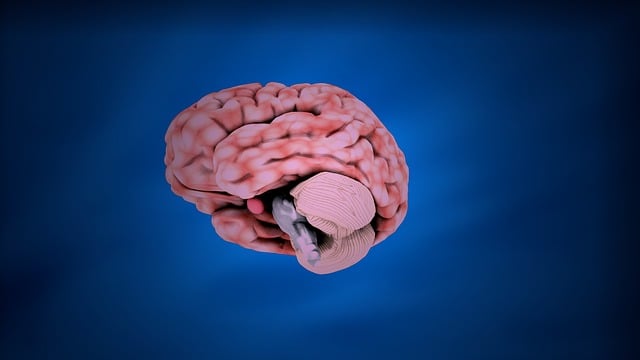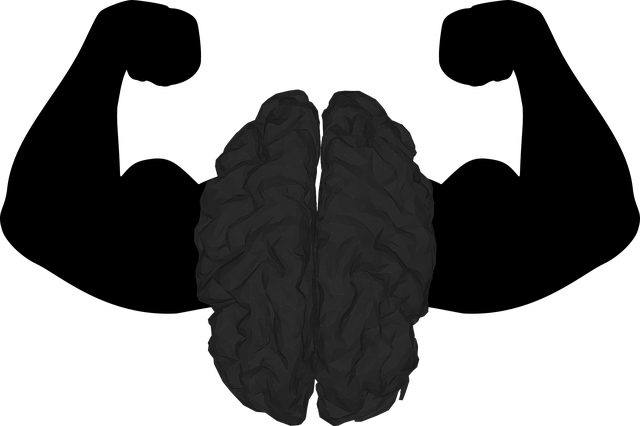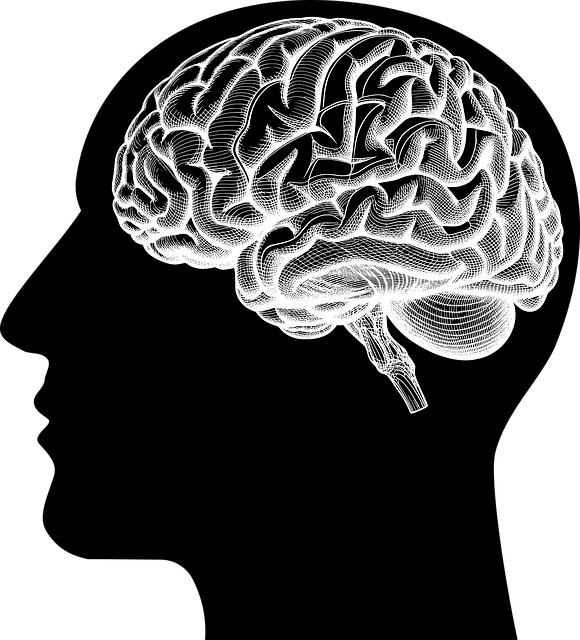Healthcare providers treating elders with ADD-ADHD face unique challenges, leading to high stress levels and burnout. Solutions include compassion cultivation, mindfulness techniques (like CBT), policy advocacy, and work-life balance strategies. These approaches enhance resilience, improve patient outcomes, and ensure specialized care access. By integrating evidence-based therapies, open communication, peer support, and risk management, healthcare settings can prevent provider burnout, especially for those working with elders exhibiting ADD-ADHD symptoms. Mindfulness and CBT are key tools in this effort, contributing to better provider well-being and patient care through advocacy and policy analysis.
Healthcare provider burnout is a growing concern, especially among those serving elders with ADD/ADHD. This article delves into effective prevention strategies, exploring key factors contributing to burnout and offering practical solutions. We examine the impact of work-life balance on provider well-being, evidence-based stress management techniques tailored for healthcare workers, and the role of supportive environments. Additionally, we discuss mindfulness and cognitive behavioral therapy as powerful tools to combat burnout, with a specific focus on therapy for elders with ADD/ADHD.
- Understanding Burnout Among Healthcare Providers Serving Elders with ADD-ADHD
- The Impact of Work-Life Balance on Provider Well-being
- Evidence-Based Stress Management Techniques for Healthcare Workers
- Fostering a Supportive Environment to Prevent Burnout
- The Role of Mindfulness and Cognitive Behavioral Therapy in Burnout Prevention
Understanding Burnout Among Healthcare Providers Serving Elders with ADD-ADHD
Healthcare providers who specialize in serving elders with Attention-Deficit/Hyperactivity Disorder (ADD-ADHD) face unique challenges that can contribute to burnout. This is due to the complex and multifaceted nature of caring for an aging population with a neurodevelopmental condition often overlooked or misdiagnosed in later life. Beyond the technical expertise required, these providers must navigate the emotional and behavioral complexities inherent in ADD-ADHD, which can be exacerbated by age-related changes.
Burnout results from prolonged exposure to high stress levels without adequate coping mechanisms. In this context, compassion cultivation practices have emerged as valuable tools for enhancing resilience and mitigating burnout risk. Integrating these mindfulness-based techniques into therapy for elders with ADD-ADHD not only benefits the providers but also improves patient outcomes. Additionally, mental health policy analysis and advocacy play a crucial role in addressing the unique needs of this population, ensuring access to specialized care and supportive Community Outreach Program implementations that foster holistic well-being.
The Impact of Work-Life Balance on Provider Well-being

Maintaining a healthy work-life balance is paramount in preventing healthcare provider burnout. In today’s demanding healthcare landscape, where professionals often juggle long hours and high-stress situations, ensuring this equilibrium becomes even more critical. When providers prioritize their personal well-being and set clear boundaries between professional and personal life, they cultivate resilience against the rigors of their occupation. This balance allows for a respite from work, enabling them to recharge and refocus, which is essential for sustained productivity and patient care.
For elders with ADD-ADHD, who may require specialized therapy and support, achieving this balance can be even more challenging. However, integrating strategies for inner strength development and mental health policy analysis and advocacy can significantly contribute to their well-being. Promoting Mental Health Awareness initiatives that focus on work-life balance within healthcare settings ensures a holistic approach to prevention, fostering an environment where providers feel valued, supported, and empowered to thrive both personally and professionally.
Evidence-Based Stress Management Techniques for Healthcare Workers

In the high-pressure world of healthcare, stress management is a critical component in preventing burnout among providers, especially those caring for elders with complex needs like ADD/ADHD. Evidence-based techniques such as mindfulness meditation and cognitive behavioural therapy (CBT) have proven effective in reducing stress and improving emotional well-being. These therapies encourage healthcare workers to focus on the present moment, fostering a sense of calm amidst chaotic work environments. Additionally, structured programs that incorporate physical activity, relaxation exercises, and peer support networks can significantly enhance resilience.
By integrating empathy-building strategies into their practices, mental health professionals can further mitigate stress and build stronger connections with patients, especially those dealing with neurodevelopmental conditions like ADD/ADHD. This involves active listening, non-judgmental attitudes, and tailoring communication to each individual’s unique needs. Moreover, implementing robust risk management planning and conducting regular risk assessments for mental health professionals are essential steps in identifying potential stressors and implementing safety nets before burnout becomes severe.
Fostering a Supportive Environment to Prevent Burnout

Creating a supportive environment within healthcare settings is paramount in preventing burnout among providers, especially those working with elders exhibiting symptoms of ADD-ADHD or other mental health challenges. This involves fostering an atmosphere that prioritizes open communication, acknowledges the unique demands of their work, and promotes a sense of belonging. Regular check-ins, peer support groups, and access to therapy for both personal and professional struggles can significantly enhance resilience.
Additionally, integrating risk assessment tools tailored for mental health professionals can help identify individuals at higher risk of burnout. Strategies targeting cultural sensitivity in mental healthcare practice are also essential, ensuring that all providers feel valued and equipped to meet the diverse needs of their patients. By implementing these supportive measures, healthcare organizations can create a culture that encourages confidence-boosting practices, enhances job satisfaction, and ultimately reduces the risk of burnout among their mental health professionals.
The Role of Mindfulness and Cognitive Behavioral Therapy in Burnout Prevention

In the ongoing battle against healthcare provider burnout, mindfulness and cognitive behavioral therapy (CBT) emerge as powerful tools for prevention and well-being. These evidence-based practices have proven effective in addressing the mental health challenges that often accompany demanding careers in healthcare. For elders with ADD-ADHD, who may face unique pressures and distractions, mindfulness offers a pathway to enhance focus, reduce stress, and improve coping mechanisms. By training their minds to stay present and cultivating awareness of thoughts and emotions, healthcare providers can better manage workload-related stressors.
CBT, through its targeted approach, helps professionals identify and challenge negative thought patterns contributing to burnout. This therapy facilitates the development of inner strength and resilience, enabling healthcare workers to navigate demanding environments with greater adaptability. Additionally, CBT incorporates empathy-building strategies that foster deeper connections with patients and colleagues, enhancing job satisfaction and reducing isolation. In the context of Mental Health Policy Analysis and Advocacy, these therapeutic methods can be integrated into support systems to create a culture that prioritizes the well-being of healthcare providers, ultimately leading to improved patient care.
Healthcare provider burnout is a significant concern, especially when caring for elders with ADD-ADHD. By understanding the unique challenges these professionals face and implementing evidence-based strategies such as stress management techniques, supportive environments, mindfulness, and cognitive behavioral therapy, we can foster better well-being. These proactive measures are crucial in navigating the complex landscape of healthcare provision, ensuring providers stay resilient and dedicated to their work over time.














